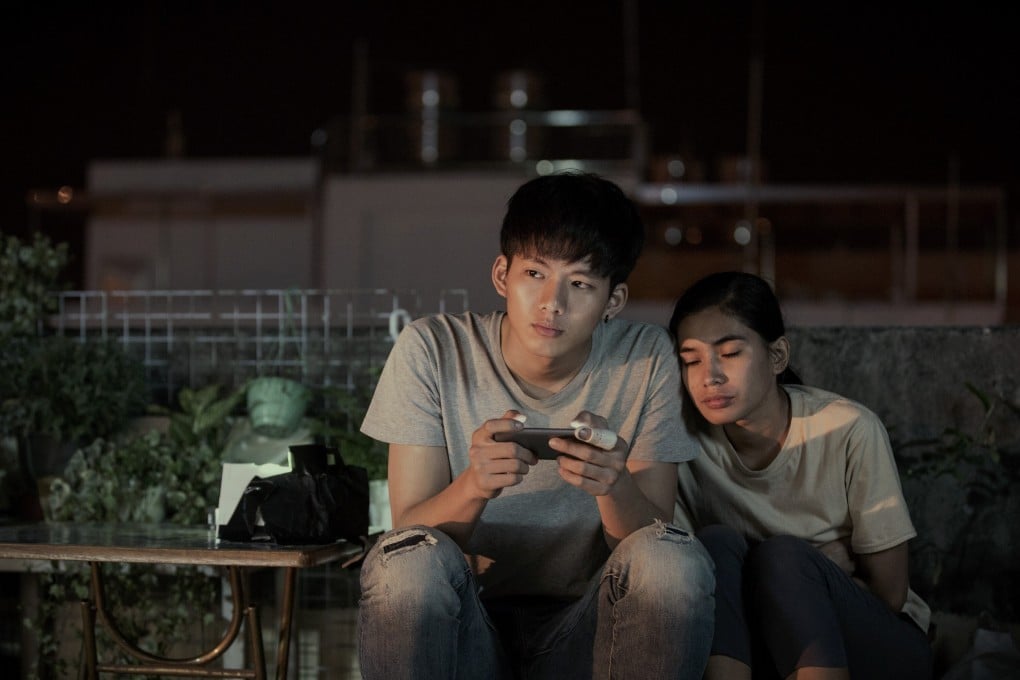Malaysian-Chinese independent filmmakers lauded abroad but censored at home for movies about their country’s past and present
- A Taiwan-based filmmaker was asked by censors to make 27 cuts to his debut feature, set partly during the Malayan Emergency like his earlier documentary
- Another Taiwan-based director had to wait six years to screen a political satire. Even an apolitical film about rural spirituality faced a battle with censors

Malaysian-Chinese film directors are earning award nominations at festivals around the world by depicting their country’s ethnic stereotypes, racial tensions and controversial history on the silver screen. The irony is that they often must do so in exile because in Malaysia their films are censored, if not banned, and misunderstood.
“Malaysia’s historical and social context is full of taboos,” director Lau Kek-huat says in an interview with the Post. Lau moved to Taiwan to study cinema at 27, where he produced three Chinese-language films that are too controversial to be screened in Malaysia.
“The [Malaysian government’s] logic is that in order to keep the country peaceful and harmonious, we shouldn’t touch on the wounds and pain of the past,” he says.
Lau’s debut documentary Absent Without Leave (2016), which won the Singapore International Film Festival’s audience award, digs into the secret history of his late grandfather, a Malayan Communist Party militant. Largely composed of Malayan Chinese fighters, this guerilla group fought British forces between 1948 and 1960 during what is known as the Malayan Emergency.
“For me, trying to cover up our history only makes things worse, confusing, and more easily manipulated by politicians,” says Lau.